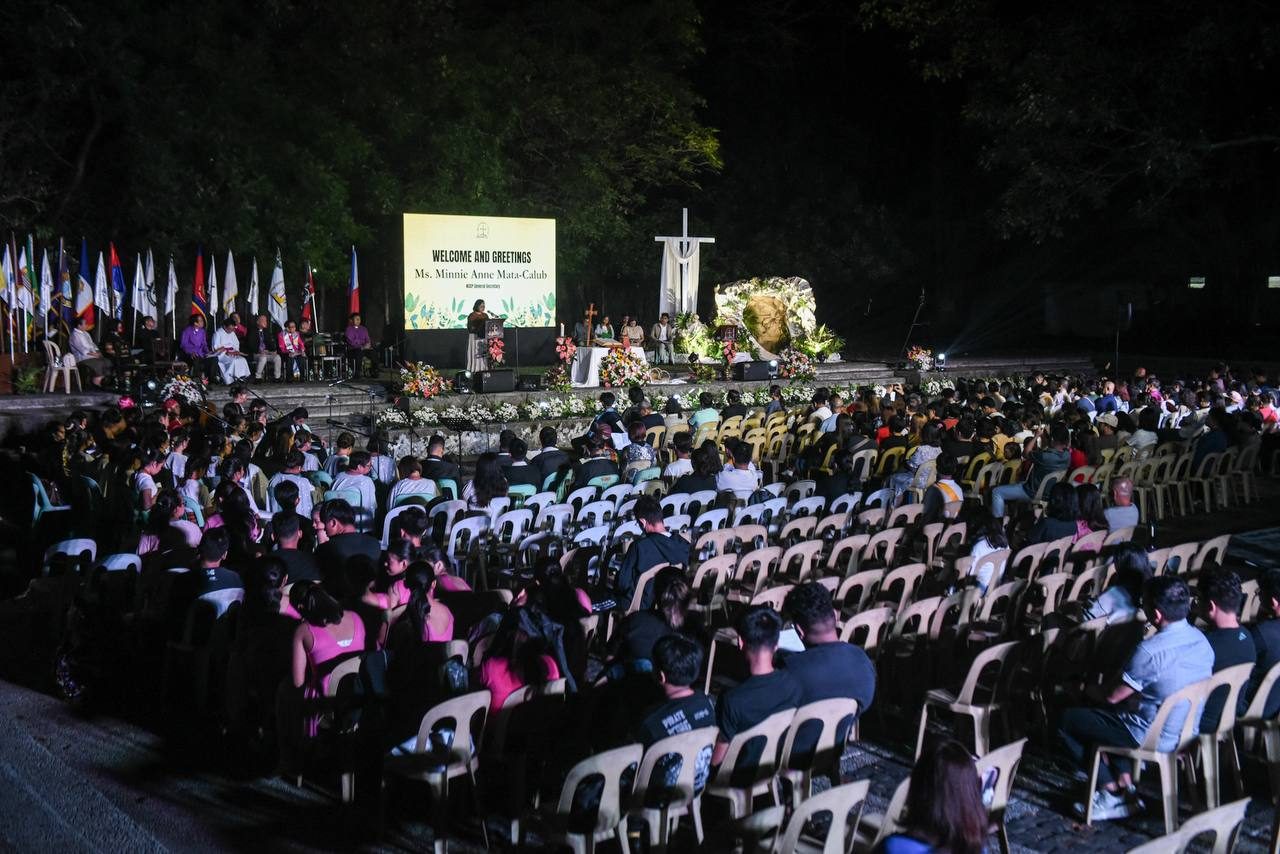SUMMARY
This is AI generated summarization, which may have errors. For context, always refer to the full article.

MANILA, Philippines – The National Council of Churches in the Philippines (NCCP) rejected the “super body” formed by President Ferdinand Marcos Jr. to “further champion” the protection of human rights in the country.
In a statement on Tuesday, May 21, the NCCP said it “expresses grave concern” about the Special Committee on Human Rights Coordination established under Marcos’ Administrative Order No. 22. The AO was dated May 8 and publicized on Sunday, May 19.
The Christian churches criticized this committee for having no United Nations oversight. Considering “repressive laws” such as the Anti-Terrorism Act of 2020, they also voiced fear “that it will just be a form of window-dressing, if not downright ineffective, especially since its members are also the members of the Anti-Terrorism Council.”
The NCCP said that “if the Philippine government is truly committed to respecting human rights,” it should have implemented the recommendations of the UN Human Rights Council in its Universal Periodic Review. It should have acted as well on recommendations by UN special rapporteurs Ian Fry and Irene Khan.
“As a council of churches that prays and works for peace and justice, we reiterate our calls to the government to repeal the anti-terrorism law and other related laws, abolish the NTF-ELCAC (National Task Force to End Local Communist Armed Conflict), provide redress for the killings and other violations against human rights defenders, and sincerely engage in peace negotiations with the National Democratic Front of the Philippines,” the NCCP said.
The statement was signed by its chairperson, Bishop Melzar Labuntog, and other top officials of the Christian council.
The NCCP is the largest alliance of Christian churches in this predominantly Catholic country. The council is known for its activist stance, and is at the forefront of fighting government abuses such as the drug war of former president Rodrigo Duterte. Its members have been red-tagged as a result of its activism.
Other human rights groups have also blasted the Marcos human rights “super body.” Human Rights Watch senior researcher Carlos Conde fears it will “serve mainly as a propaganda arm,” while Karapatan said bodies like this are “mere embellishments meant to appease the growing indignation here and abroad” against rights abuses in the country. – Rappler.com
Add a comment
How does this make you feel?





There are no comments yet. Add your comment to start the conversation.